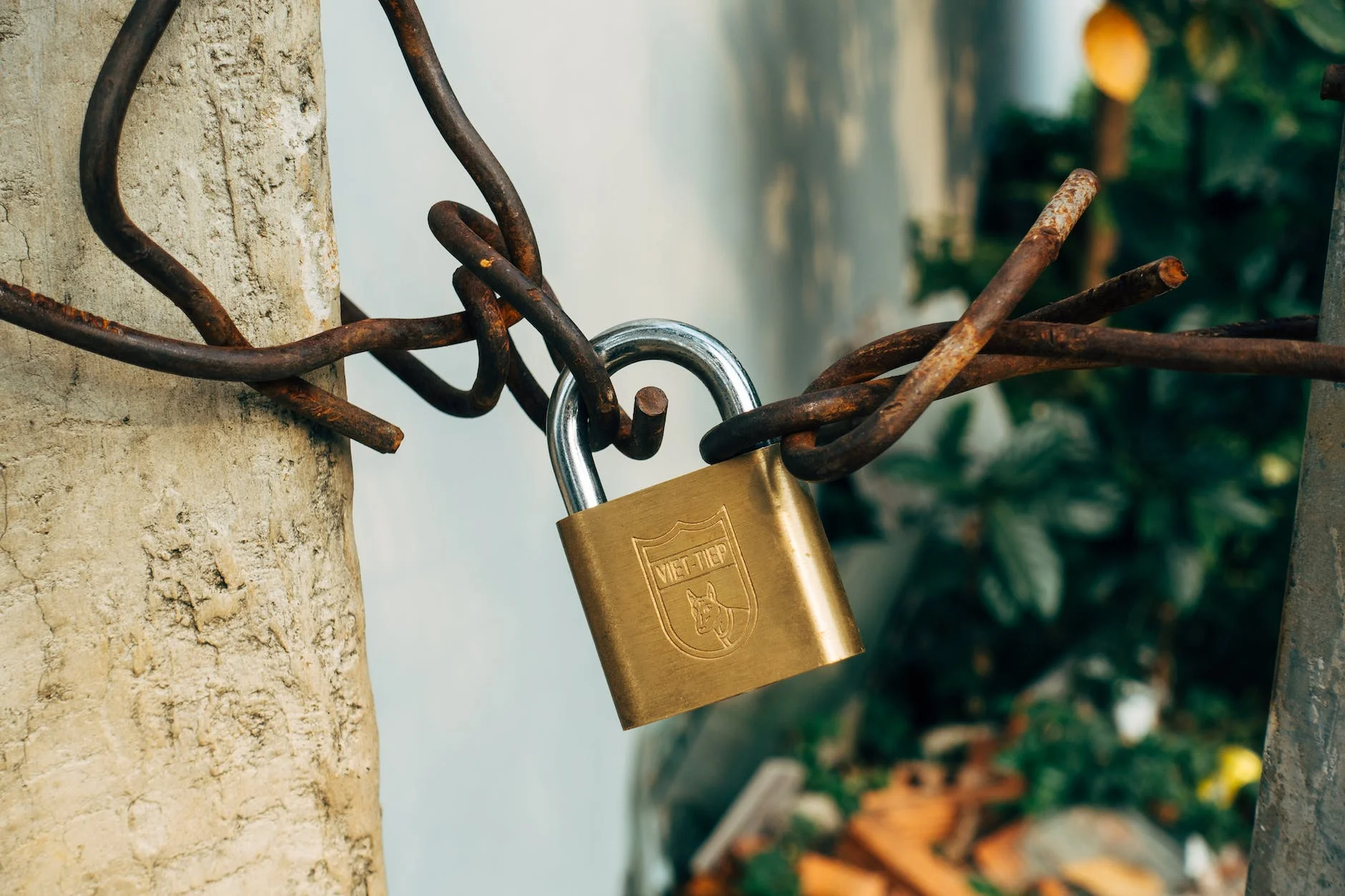
Copyrights are a form of intellectual property protection that grants exclusive rights to authors, artists, and creators over their original works of authorship. Such works include literary works, music, artistic creations, photographs, software code, and architectural designs. Copyright protection prevents others from reproducing, distributing, performing, or displaying the copyrighted work without the owner's permission.
Document Creation: Document the creation of your work, including dates and drafts, as evidence of the originality and creation timeline.
Copyright Notice: Include a copyright notice (©), the year of creation, and the copyright owner's name on all copies of your work to assert your rights and deter potential infringers.
Register Early: Consider registering your copyright as soon as possible to strengthen your legal standing and take advantage of additional legal protections.
Licensing Agreements: When allowing others to use your copyrighted work, consider implementing licensing agreements that define the terms of use and ensure proper attribution.
Copyright vs. Trademark: Copyrights protect original works of authorship, while trademarks protect brand names, logos, and symbols used in commerce.
Public Domain: Works that have entered the public domain are no longer under copyright protection and can be freely used by anyone.
No, copyright protection exists automatically upon creation. However, registration offers additional legal benefits.
In most cases, copyright protection lasts for the creator's lifetime plus an additional 70 years.
No, copyright protects the expression of ideas, not the ideas themselves.
Giving credit to the creator does not automatically grant permission to use copyrighted material. Proper authorization is still required.
Yes, you can group related works under one copyright application if they were created by the same author or creator.